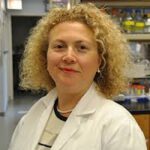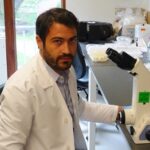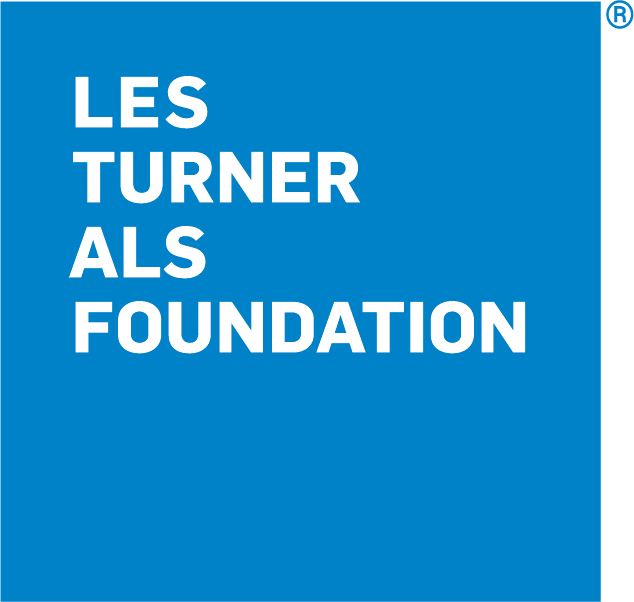
The 40+ research scientists at the Les Turner ALS Center at Northwestern Medicine investigate a wide range of biologic mechanisms in ALS basic research. We are pleased to announce the recent publication of three new research papers from some of these extraordinary researchers.
Molecular Metabolism: Neurons undergo pathogenic metabolic reprogramming in models of familial ALS, Robert G. Kalb, MD, et.al.
 Dr. Kalb and his team investigated the impaired production of adenosine triphosphate (ATP) in animal models with ALS and what is needed to sustain production to meet the body’s demand. ATP is critically important for the storage of energy within cells. They investigated intermediary metabolism of neurons expressing familial ALS (fALS) genes and interrogated the functional consequences of glycolysis genes in fitness assays and neuronal survival. They propose that neurons adjust fuel utilization in the setting of neurodegenerative disease-associated alteration in mitochondrial function in a harmful manner, thus identifying a process to target for repair.
Dr. Kalb and his team investigated the impaired production of adenosine triphosphate (ATP) in animal models with ALS and what is needed to sustain production to meet the body’s demand. ATP is critically important for the storage of energy within cells. They investigated intermediary metabolism of neurons expressing familial ALS (fALS) genes and interrogated the functional consequences of glycolysis genes in fitness assays and neuronal survival. They propose that neurons adjust fuel utilization in the setting of neurodegenerative disease-associated alteration in mitochondrial function in a harmful manner, thus identifying a process to target for repair.
Dr. Kalb explains, “The normal operation of all cells depends on fuels that are in the environment and nerve cells, in general, use sugar (glucose) as their prime source of fuel. In our most recent study, we interrogated fuel utilization in nerve cells that express familial ALS (fALS) genes. We learned that fALS genes lead to a dramatic alteration in how fuel is used. In addition, fALS genes lead neurons t0 use novel sources of fuel. This “re-wiring of metabolism” plays a very important role in the survival of neurons and suggests that targeting the metabolism of neurons expressing fALS genes may have significant therapeutic implications. There may also be implications for sporadic ALS.”
Nature Scientific Reports: Mitochondrial dysregulation occurs early in ALS motor cortex with TDP-43 pathology and suggests maintaining NAD+ balance as a therapeutic strategy, Hande Ozdinler, PhD, et al.
 Mitochondria, serving as one of the key organelles for cellular health, perform several important functions in the body including energy generation, lipid homeostasis, and metabolic balance. Dr. Ozdinler and her team discovered that when there is mitochondrial dysfunction, neurodegeneration occurs in diseases such as ALS, thus therapeutic strategies to improve the integrity of mitochondria are important. Their results show that metabolomic defects occur early in ALS motor cortex and establishing NAD+ balance could offer therapeutic benefit to upper motor neurons with TDP-43 pathology.
Mitochondria, serving as one of the key organelles for cellular health, perform several important functions in the body including energy generation, lipid homeostasis, and metabolic balance. Dr. Ozdinler and her team discovered that when there is mitochondrial dysfunction, neurodegeneration occurs in diseases such as ALS, thus therapeutic strategies to improve the integrity of mitochondria are important. Their results show that metabolomic defects occur early in ALS motor cortex and establishing NAD+ balance could offer therapeutic benefit to upper motor neurons with TDP-43 pathology.
Dr. Ozdinler shares, “This study explores how ALS alters metabolism at the cellular level in the brain. We found that the mitochondria in diseased upper motor neurons are unable to power key metabolic molecules. Our results indicate that maintaining metabolic balance is important for the health and stability of diseased motor neurons.”
Stem Cell Reports: Homozygous might be hemizygous: CRISPR/Cas9 editing in IPSCs results in detrimental on-target defects that escape standard quality controls, Evangelos Kiskinis PhD, et al.
 The ability to precisely edit the genome of human induced pluripotent stem cell (iPSC) lines using CRISPR/Cas9 has enabled the development of cellular models that can address genotype to phenotype relationships. While genome editing is becoming an essential tool in iPSC-based disease modeling studies, there is no established quality control workflow for edited cells. Dr. Kiskinis and his team describe a cost-efficient quality control strategy that successfully identified all edited clones with detrimental on-target events and could facilitate the integrity of iPSC-based studies.
The ability to precisely edit the genome of human induced pluripotent stem cell (iPSC) lines using CRISPR/Cas9 has enabled the development of cellular models that can address genotype to phenotype relationships. While genome editing is becoming an essential tool in iPSC-based disease modeling studies, there is no established quality control workflow for edited cells. Dr. Kiskinis and his team describe a cost-efficient quality control strategy that successfully identified all edited clones with detrimental on-target events and could facilitate the integrity of iPSC-based studies.
Dr. Kiskinis elaborates, “Our goal is to use stem cells generated from ALS patients to create better models of the human condition. This study is a step towards that direction. We describe a series of crucial steps that need to be utilized to ensure that the stem cells that we create have no undesired effects on their DNA. We specifically describe the use of technology that allows us to “correct” mutations in the DNA of the patient cells that cause ALS. These findings help us create better models that will lead to the identification of drug targets.”
Funding for scientific research for the prevention, treatment, and cure of ALS is only possible with your help. You can continue to advance important research for ALS!


